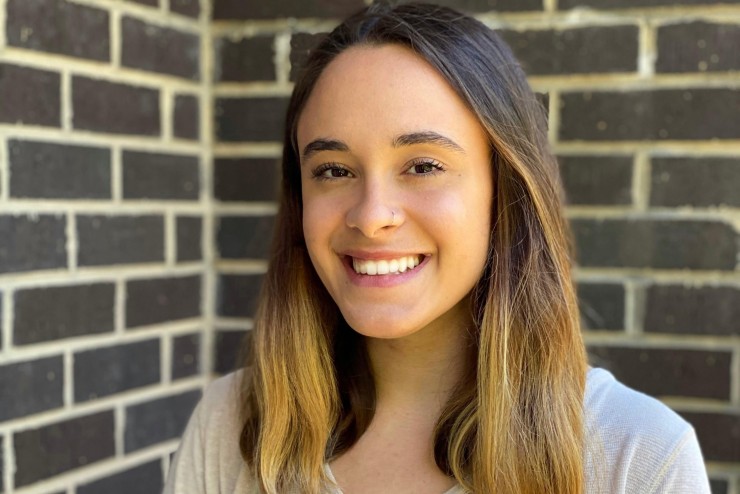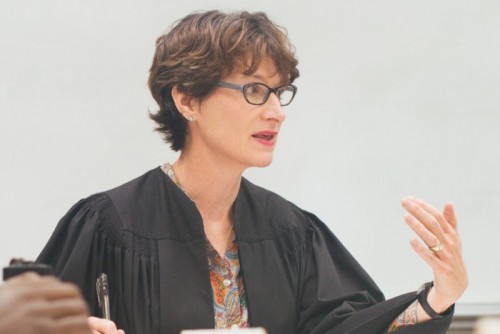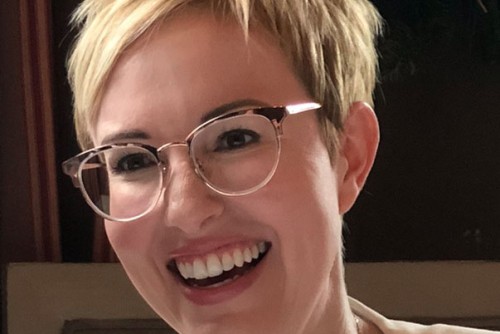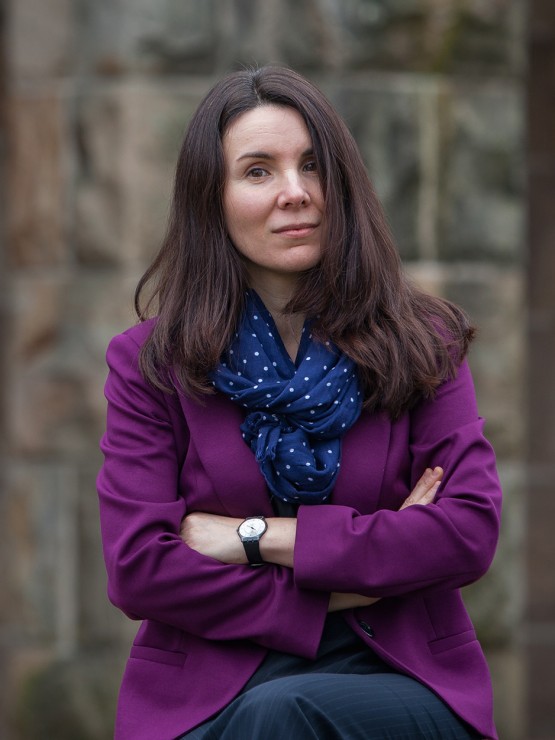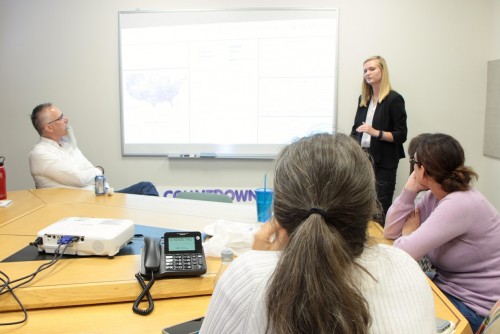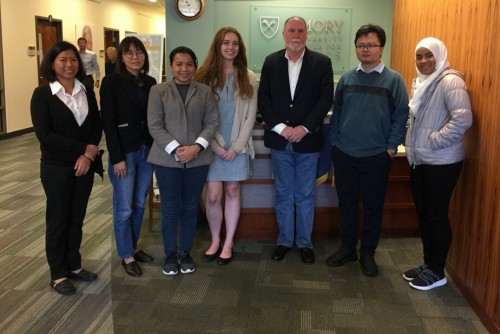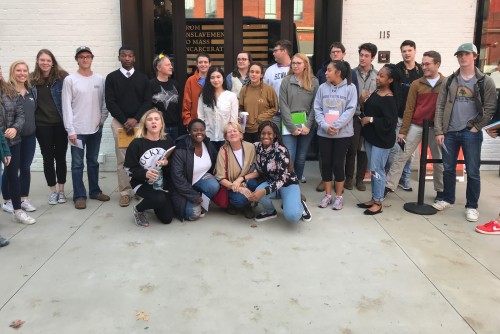The study of politics is the study of power in society—who has it, who doesn't, how it is distributed, and why. We ask the big questions: What is a just society? How do we hold those in power accountable? Why do some democracies thrive, while others fail?
Why study Politics at Sewanee?
Sewanee teaches its students to be citizens who ask hard questions, assess the accuracy of political information, and make comparisons between various political systems and ideologies. Politics faculty are active scholars and committed mentors. Students may work with faculty on research or develop their own projects. Faculty members consult with students to identify summer internships, the best study abroad or community engagement opportunities, and other activities that prepare students for success after graduation.
POLITICS - OVERVIEW
Politics majors critically engage with competing values and interests that guide and orient politics. Students learn about concepts, theories, and principles that deal with the nature, purpose, and characteristics of government and political change, which they apply in the analysis of politics. The major encompasses the theoretical and empirical study of government institutions, identity and diversity, leadership, conflict resolution between and within states, political ideas and ideologies, political culture and discourse, political economy, and the politics of gender, race, and class. While introductory courses help to ground students in fundamental theories and concepts used in the study of politics, seminars and many 300-level courses provide students opportunities to develop their research and analytical skills while also introducing students to how to write within the discipline.
Upon completion of the Major, students are able to:
-
Demonstrate knowledge of important concepts and theories used in political science;
-
Apply concepts and theories in the study of political action, public policy, political behavior, and political structures;
-
Use concepts and theories in the analysis of political processes and outcomes;
-
Integrate knowledge from various courses across the politics curriculum;
-
Write a coherent and organized essay.
-
Communicate effectively in oral communication.
FIRST DESTINATIONS: politics MAJORS
Sewanee graduates secure positions in a variety of fields. Some you would expect, others are a bit of a surprise. Sewanee prepares you for your profession and your passion. Below is a sampling of recent graduates' first jobs.
- Massachusetts Promise Scholar, Freedom House, Dorchester, Massachusetts.
- Legislative intern, U.S. Senate Committee on Foreign Relations, Washington, D.C.
- Legal assistant, Morgan and Morgan, Nashville, Tennessee.
- Investment banking analyst, the Lenox Group, Atlanta, Georgia.
- Intern, Human Rights Program, the Carter Center, Atlanta, Georgia.
- Advisor, United Nations (Permanent Mission of Hungary), New York, New York.
GRADUATE SCHOOL & PRE-PROFESSIONAL PROGRAMS: POLITICS MAJORS
Sewanee graduates enjoy extraordinary acceptance rates to top graduate and pre-professional programs–about 95 percent to law school and over 85 percent to medical school. Below is a sampling of where Sewanee grads continue their education.
- J.D. the University of North Carolina School of Law.
- J.D. the University of Michigan Law School.
- Ph.D. in political science, Emory University.
- MSc. in international political economy (IPE), London School of Economics
- MSc. in political science, Copenhagen University
- J.D. the University of Texas at Austin School of Law
